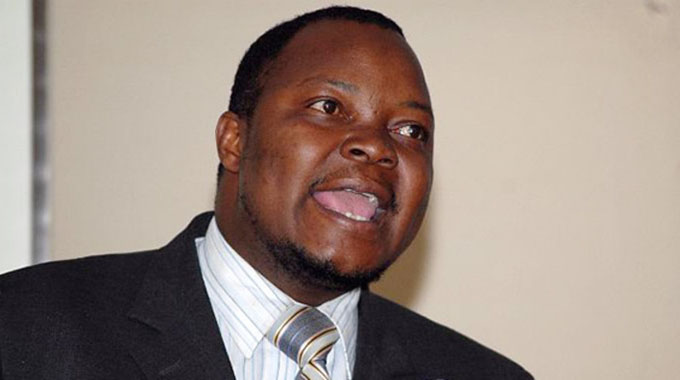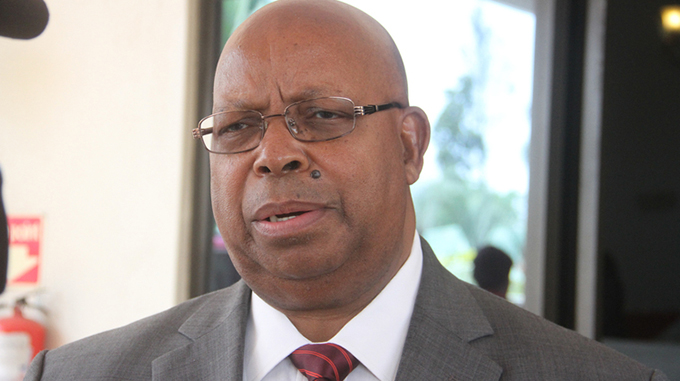Namibian envoy hails Zim’s ‘quality’ education

Cletus Mushanawani Mash Central Bureau Chief
ZIMBABWE’S quality education has contributed to the development of not only Southern African countries, but the Frontline states, says Namibia’s Ambassador to Zimbabwe Balbina Daes Piennar.
In an interview after participating in a Focus Group Discussion on Poverty Eradication at the Development Aid from People to People Frontline Institute in Bindura South on yesterday, Ambassador Daes Piennar, said: “Zimbabwe is a big brother to Namibia and we share a common history. We have a common passion to empower the grassroots as well as the most vulnerable members of the community.
“Zimbabwe is a blessed country with more than 92 percent literacy rate. As a region, we always look up to Zimbabwe for quality education.
“Those who came from the region and beyond to study here, you have embarked on a journey where you will be equipped with the necessary skills you will need on a daily basis. You did not make a mistake to choose Zimbabwe as your study destination.”
Ambassador Daes Piennar said investment in education should be a priority for all governments.
“Investment in education should be a priority for all governments. This is an area which Zimbabwe did very well over the past 30 years. The country has adequate human resources and we are benefiting from it.
“For example, Namibia being a sister nation, we started benefiting from engineers that were seconded to Namibia, quantity surveyors and architects. From the engineering field, I can testify that Namibia made use and benefited from the human resources from Zimbabwe,” she said.
Ambassador Daes Piennar hailed DAPP Frontline Institute for coming up with projects aimed at empowering the grassroots even those with little education.
“Looking at the projects here on the ground, we are always thinking that education is about having masters and PHD degrees, but yet we are producing so many qualified professionals who find it difficult to get a job. If we develop skills even a very simple person at the grassroots level will sustain himself. We should strike a balance between university degrees and skills transfer. I think the Frontline Institute is doing great to bring on board students from various countries from as far as India, Brazil, Ecuador, Mozambique and Namibia to study here.
“It shows that heart of wanting to serve humanity.”
She said real innovation and creativity is being portrayed at the institute to ensure food security in developing countries.
“Food security is one of the top priorities of every nation. Agriculture is the backbone of our livelihoods and economies. We have so much to learn from this institute starting from the bachelor vegetable beds to apiculture projects. It is innovation which is very affordable to the local communities. This is a rare sign of skills transfers to the local communities. Even someone without qualification can adopt these concepts and their livelihood will definitely be taken care of,” said Ambassador Daes Piennar.
DAPP Frontline Institute principal Mr Doubt Musiwa said their main aim is to eradicate poverty.
“Poverty is created by people and can be fought by people. We have people with various degrees and if we can count the number of universities across the world we realise that they are many. If we fail to change the mindset of people, poverty will remain in our midst.”










Comments